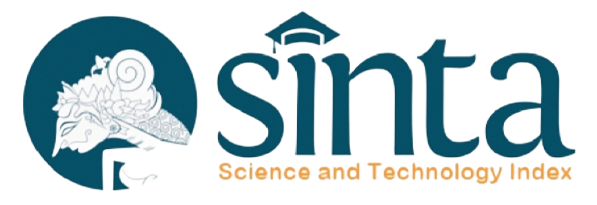Accuracy of Machine Learning Methods in the Analysis of Important Variables of Down Syndrome Risk Factors
DOI:
https://doi.org/10.33022/ijcs.v13i5.4354Keywords:
Down syndrome, case control, machine learning, accuracy, important variablesAbstract
This study aims to identify risk factors for Down syndrome using machine learning methods. Data were obtained from an epidemiological case-control study conducted at Special Needs Schools in the cities and regencies of Tangerang. Methods used include Random Forest, K-Nearest Neighbors, Support Vector Machine (SVM), Naive Bayes, K-Means, Artificial Neural Network (ANN), and Multi-Layer Perceptron (MLP). The results indicate that maternal age, paternal age, and the time interval of parents' work before the child's birth are the most influential factors in the incidence of Down syndrome. The SVM method achieved the highest accuracy of 76% with data categorized into two groups and using important variables. In addition to SVM, Naive Bayes and Random Forest methods also demonstrated good performance for analyzing epidemiological data with case-control types.
Downloads
Published
Issue
Section
License
Copyright (c) 2024 Oscar Oleta Palit, Rafi Prayoga Dhenanta, Agnes Indarwati Susanto, Adzky Matla Syawly, Atthar Luqman Ivansyah, Aditya Purwa Santika, Mochamad Ikbal Arifyanto, Fahdzi Muttaqien

This work is licensed under a Creative Commons Attribution-ShareAlike 4.0 International License.





